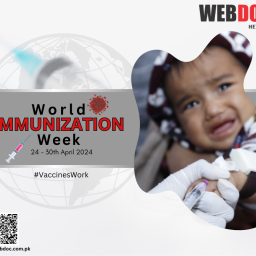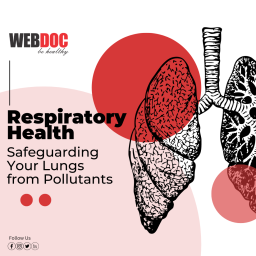
Unraveling the Evolution of the Virus
Introduction
SARS-CoV-2, the virus responsible for the ongoing COVID-19 pandemic, has undergone various genetic changes, leading to the emergence of different variants. These variants have raised concerns among scientists, public health officials, and the general population due to their potential impacts on transmission, severity of illness, and vaccine effectiveness.
Genetic Variation and Mutation
Viruses, including SARS-CoV-2, constantly mutate as part of their natural evolution. Mutations are changes in the virus’s genetic material, which can result from errors during replication. While most mutations have little impact, some can alter the virus’s characteristics, such as its ability to spread or evade the immune response.
Key SARS-CoV-2 Variants
Several notable variants of concern have been identified since the onset of the pandemic. These include the Alpha, Beta, Gamma, Delta, and Omicron variants. Each variant is characterized by specific mutations in the virus’s spike protein or other regions of its genome.
Alpha Variant (B.1.1.7)
First identified in the United Kingdom, the Alpha variant exhibited increased transmissibility, leading to its rapid spread globally. Studies also suggested a potential increase in severity, although further research is ongoing.
Beta Variant (B.1.351)
Originating in South Africa, the Beta variant raised concerns about its ability to partially evade immunity from previous infection or vaccination. This variant carries mutations associated with increased transmissibility and altered antibody recognition.
Delta Variant (B.1.617.2)
The Delta variant, initially identified in India, became dominant worldwide due to its heightened transmissibility. This variant led to surges in COVID-19 cases in various regions and posed challenges to healthcare systems.
Omicron Variant (B.1.1.529)
The Omicron variant, first detected in late 2021, raised alarm due to its large number of mutations in the spike protein. Initial reports suggested increased transmissibility, potential evasion of immunity, and concerns about vaccine effectiveness.
Impact on Vaccines
The emergence of SARS-CoV-2 variants has prompted ongoing research to assess their impact on vaccine efficacy. Vaccines, especially those targeting the spike protein, may experience reduced effectiveness against certain variants. However, current vaccines still provide significant protection against severe disease, hospitalization, and death.
Public Health Measures
To curb the spread of SARS-CoV-2 variants, public health measures such as vaccination, testing, mask-wearing, and social distancing remain crucial. Monitoring and understanding the genetic evolution of the virus are vital for adapting strategies to control the pandemic.
Conclusion
SARS-CoV-2 variants underscore the dynamic nature of the virus and the importance of ongoing surveillance and research. The scientific community continues to investigate the characteristics and implications of these variants, aiming to adapt public health strategies and refine vaccine formulations. As the pandemic evolves, staying informed and following recommended guidelines remain essential in navigating the challenges posed by SARS-CoV-2 and its variants.
















